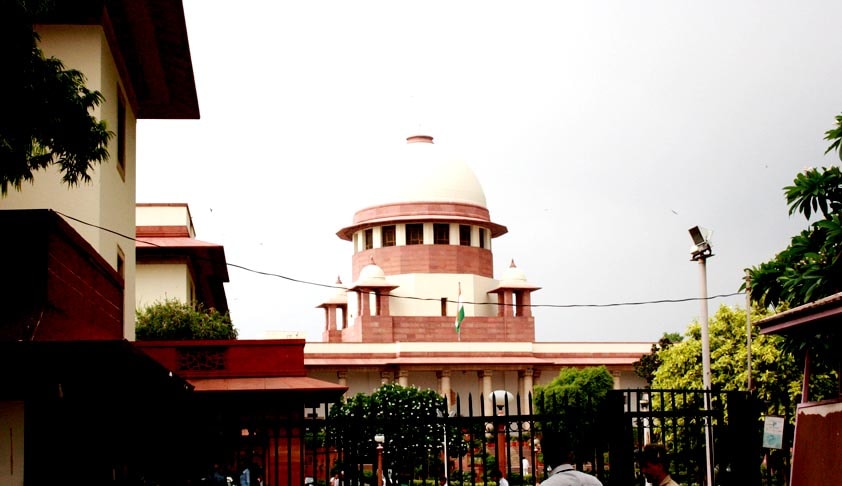A representation made to the five senior-most Judges of the Supreme Court has demanded that the Registrar General be directed to plan the annual calendar in such a way so that the Apex Court works at least 225 days per year, 06 hours per day. The representation, made by Advocate Ashwini Upadhyay further demands that High Courts be directed to: list the matters pending for over 15 years in...

